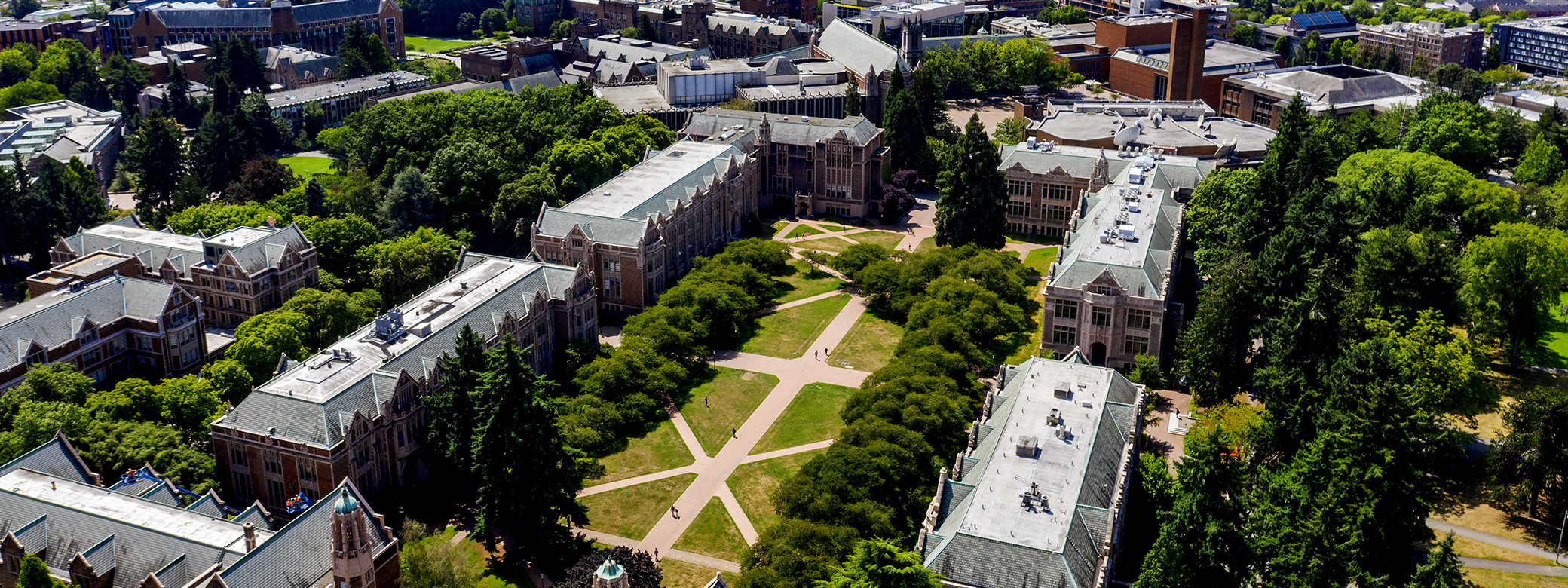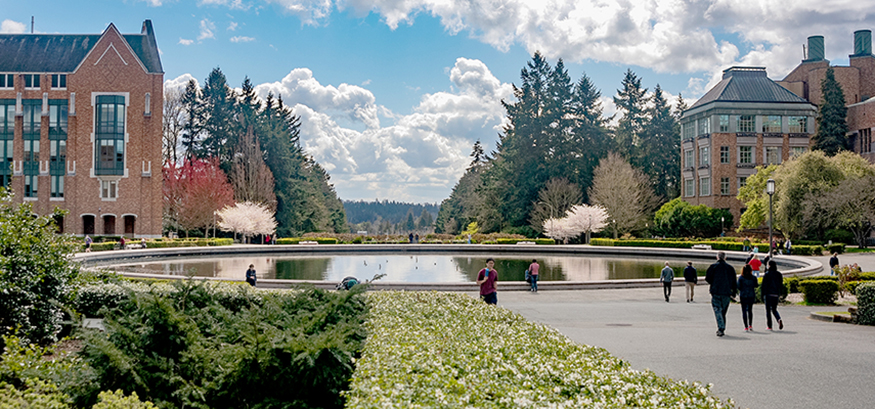
What are higher education’s most essential purposes? To put the question another way, what is the current value proposition of a four-year college degree? In a lecture delivered in October 2000, the late William Bowen — a renowned economist who served as president of Princeton University and of the Andrew W. Mellon Foundation — wrote that:
“…it include(s) educating students broadly so that they may lead productive lives in a civilized society; serving as engines of opportunity and social mobility; creating new knowledge of every kind, including work that either has no immediate market value or may even threaten some commercial end; encouraging and protecting the thoughtful critic and the dissenting voice; and defending cultural, moral, and intellectual values that no one can ‘price’ very well.”
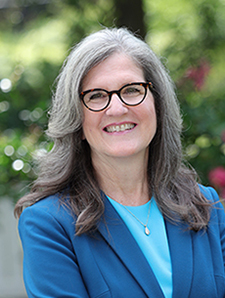
In this moment of intensified national debate about higher education and its place in society, the question of the return-on-investment (ROI) for a four-year degree appears repeatedly in the media. We are told that ROI is becoming less clear to many Americans. This prompts yet another question: Is the primary purpose of a four-year degree vocational, or is it something broader than that?
I recall Bowen’s statement here because it remains such a compelling definition of our work and purpose. As the dean of the University of Washington’s largest and broadest academic college, Bowen’s statement resonates deeply with my own view of higher education. I believe that a university degree must deliver on the inextricably twinned promises of life-long personal transformation and enhanced opportunity for career success. These are not mutually exclusive aims, and there is much data proving that we excel at providing both of these. We are, to use Bowen’s formula, “engines of opportunity and social mobility.”
In the rapidly transforming world of work, a four-year education with a focus on the liberal arts — our core work in the College of Arts and Sciences — is the best preparation possible for students emerging into one of the most dynamic work environments in history. We also prepare the next generation of citizens who can become those “thoughtful critics and the dissenting voices” that we so desperately need in flourishing democracies, the individuals who can defend “cultural, moral and intellectual values that no one can ‘price’ very well.” And with the innovative work taking place in classrooms across the College, in our gesture program, and in our increasing levels of cross-disciplinary collaboration, I can’t think of a better, more important, or more necessary investment for this moment.
I believe that a university degree must deliver on the inextricably twinned promises of life-long personal transformation and enhanced opportunity for career success.
There is no question that these are challenging times for higher education generally, and for both the College of Arts & Sciences and the University of Washington. Yet I am reminded daily, every time I see our amazing students and faculty at work, of our durability and of the essential role we play in fostering a healthier world in which people from all walks of life may thrive. With your support, I feel certain we can continue to do that work and fulfill the promise of the Husky experience for many decades to come.
More Stories

What Students Really Think about AI
Arts & Sciences weigh in on their own use of AI and what they see as the benefits and drawbacks of AI use in undergraduate education more broadly.
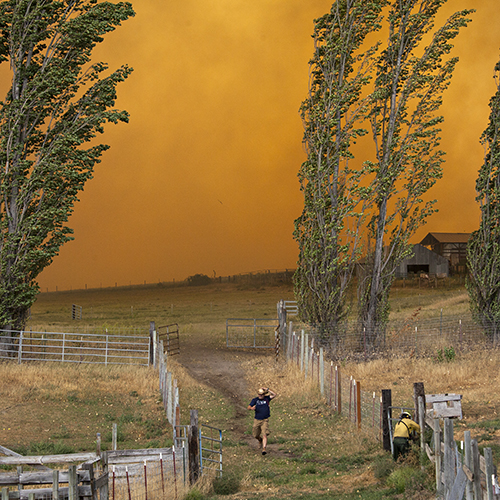
10 Arts & Sciences Stories from 2025
As 2025 comes to a close, we're sharing some of the year's top Arts & Sciences stories.
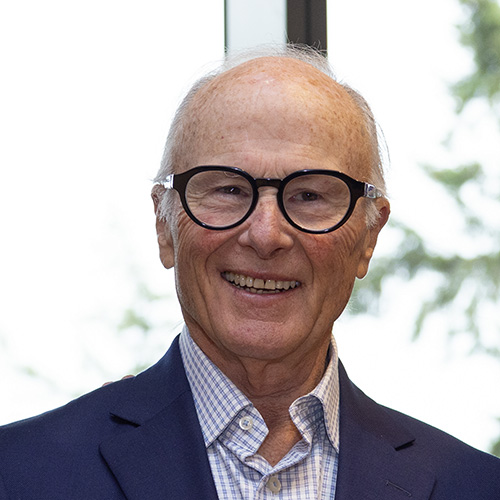
A Transformative Gift for Arts & Sciences
To honor his wife and support the college that has meant so much to both of them, former Arts & Sciences dean John Simpson created the Katherine and John Simpson Endowed Deanship.
